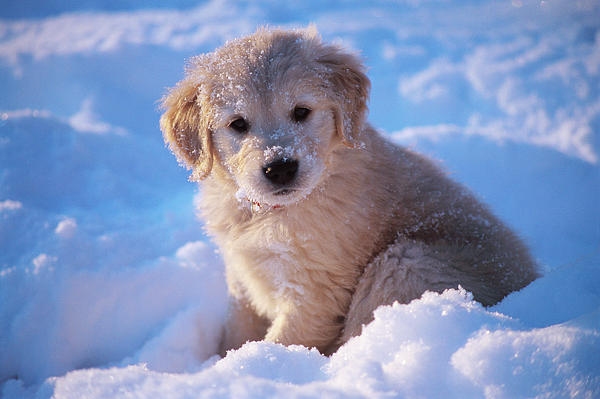
DECATUR, Ga. – With temperatures expected to drop below freezing, DeKalb County Animal Services recommends keeping an eye on your pets at this time.
Xan Rawls, director of DeKalb County Animal Services, suggests the following tips:
- Stay Inside – Cats and dogs should be kept inside during cold weather. It is a common belief that dogs and cats are resistant to cold weather because of their fur, but that is untrue. Like people, cats and dogs are susceptible to frostbite and hypothermia and should be kept inside. Longer-haired and thick-coated dog breeds, such as huskies and other dogs bred for colder climates, are more tolerant of cold weather; but no pet should be left outside for long periods of time in temperatures below freezing.
- Make Some Noise – A warm vehicle engine can be an appealing heat source for outdoor and feral cats, but it’s deadly. Check underneath your car, bang on the hood, and honk the horn before starting the engine to encourage cats to leave.
- Check the Paws – Check dog’s paws frequently for signs of cold-weather injury or damage, such as cracked paw pads or bleeding. During a walk, a sudden lameness may be due to an injury or to ice accumulation between his/her toes.
- Play Dress-Up – If a dog has a short coat or seems bothered by the cold weather, consider a sweater or dog coat. Use a dry sweater or coat each time your dog goes outside. Wet sweaters or coats can make a dog colder.
- Wipe Down – During walks, a dog’s feet, legs and belly may pick up deicers, antifreeze, or other chemicals that could be toxic. Wipe down or wash your pet’s feet, legs and belly to remove these chemicals and reduce the risk that your dog will be poisoned after (s)he licks them off of their feet or fur. Consider using pet-safe deicers to protect pets in your neighborhood.
- Collar and Chip – Many pets become lost in the winter because snow and ice can hide recognizable scents that might normally help them find their way back home. Make sure your pet has a well-fitting collar with up-to-date identification and contact information. A microchip is a more permanent means of identification, but it’s critical to keep the registration current.
- Stay Home – Hot cars are a known threat to pets, but cold cars also pose significant risk to pets. Pets that are young, old, ill or thin are particularly susceptible to cold environments and should never be left in cold cars. Limit car travel to only that which is necessary, and don’t leave your pet unattended in your vehicle.
- Provide Shelter – No pet should be outside for long periods of time, but if you are unable to keep your dog inside during cold weather, provide him/her with a warm, solid shelter against wind. Make sure that they have unlimited access to fresh, non-frozen water by changing their water frequently or using a pet-safe, heated water bowl. The floor of the shelter should be off of the ground to minimize heat loss into the ground and the bedding should be thick, dry and changed regularly to provide a warm environment. The door to the shelter should be positioned away from prevailing winds. Space heaters and heat lamps should be avoided because of the risk of burns or fire. Heated pet mats should also be used with caution because they are still capable of causing burns.
- Recognize Problems – If a dog is whining, shivering, seems anxious or weak, slows down or stops moving, or starts looking for warm places to burrow, get them back inside quickly because they are showing signs of hypothermia. Frostbite is harder to detect, and may not be fully recognized until a few days after the damage is done. If you suspect your pet has hypothermia or frostbite, consult your veterinarian immediately.
For more cold weather pet safety tips, please visit the American Veterinary Association’s website at amva.org .
For information about the winter weather advisory, including government closings, warming station locations and latest updates, visit www.dekalbcountyga.gov.
###

